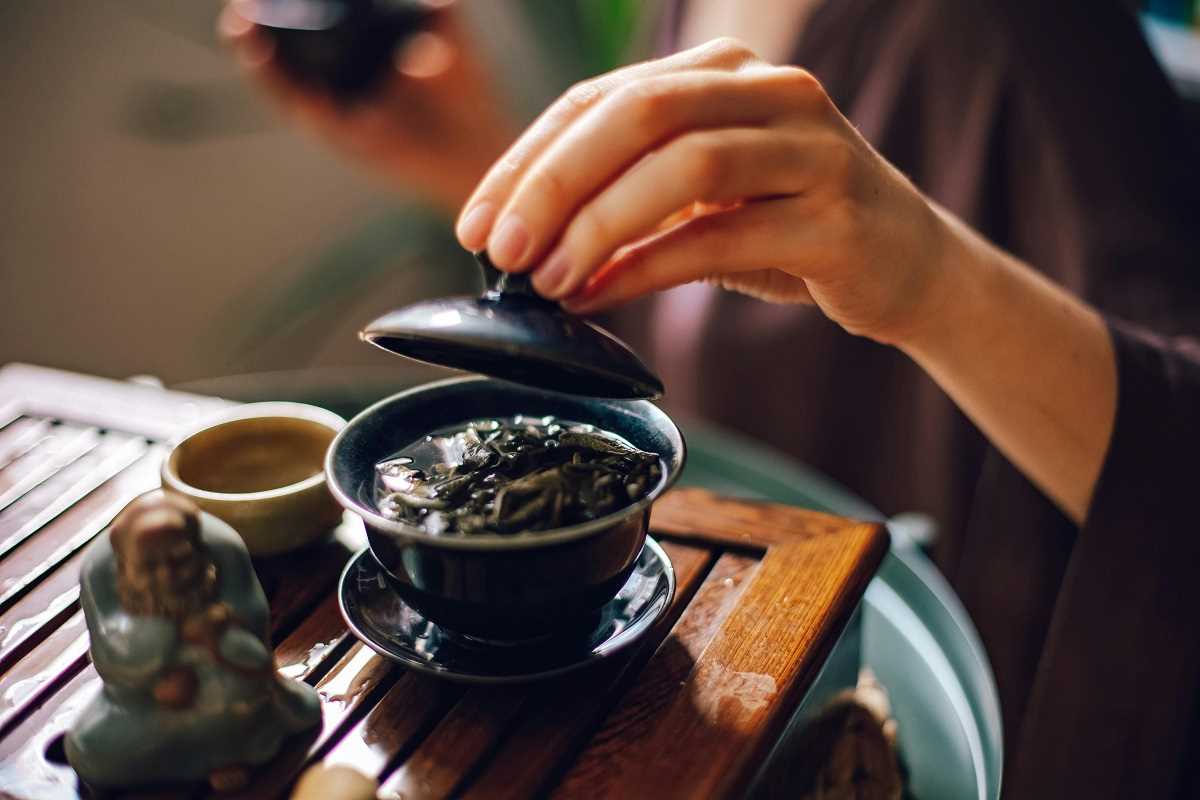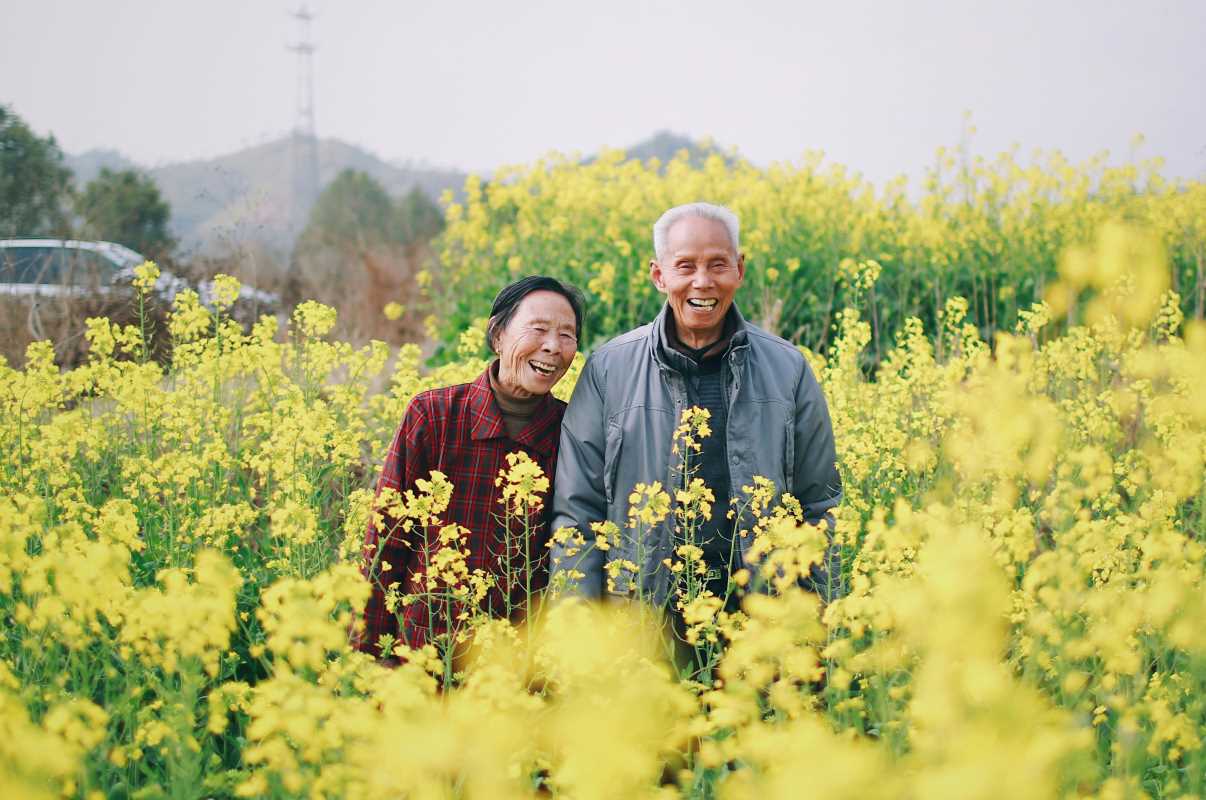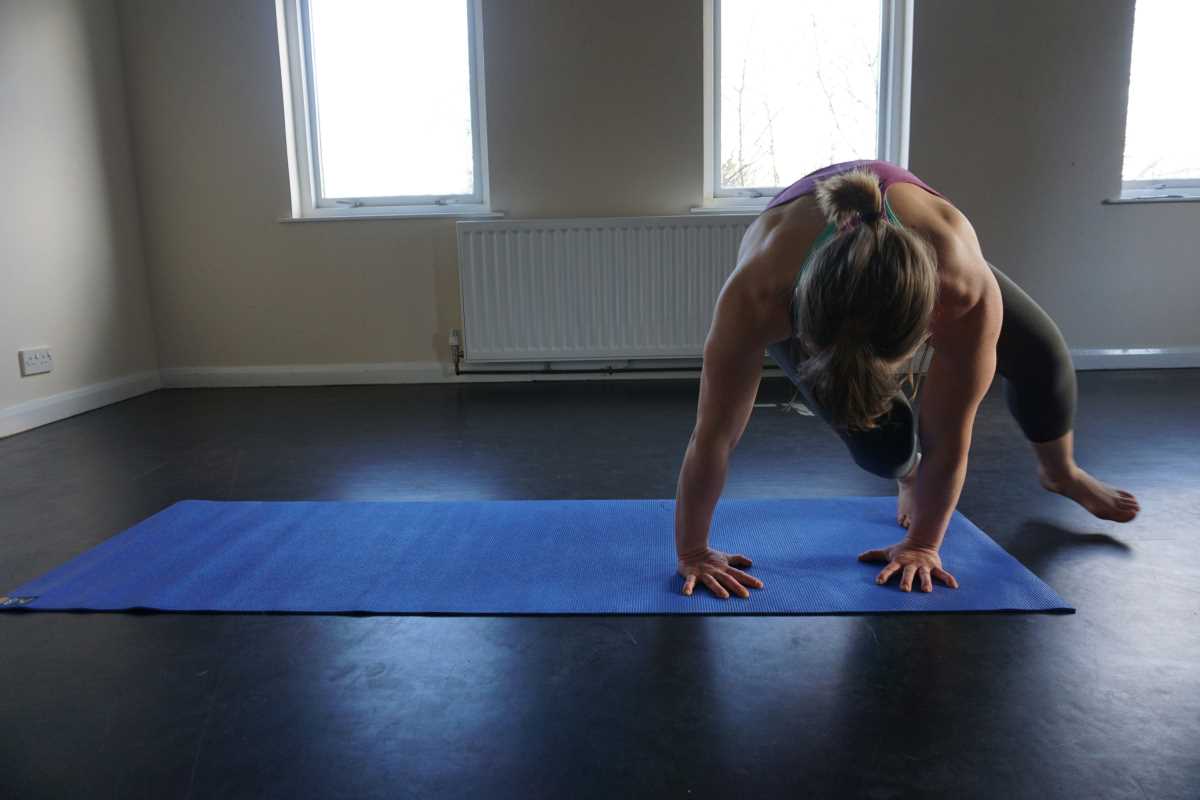There's something inherently calming about the simple act of preparing and enjoying a cup of tea. In our fast-paced world, the art of the tea ceremony offers a sanctuary for enlightenment and connection, inviting us to slow down and fully engage with the present moment. Whether you're a seasoned tea enthusiast or someone looking to incorporate more intentional practices into your daily routine, rediscovering the art of tea ceremony can be a transformative experience.
The History and Cultural Significance of Tea Ceremonies
The tradition of tea ceremonies dates back centuries, with its roots deeply embedded in various cultures around the world. In Japan, the *chanoyu* (tea ceremony) is a refined practice that embodies harmony, respect, purity, and tranquility. Introduced in the 9th century by Buddhist monks, it evolved over time to become a sophisticated ritual that emphasizes the aesthetic and spiritual aspects of tea preparation and consumption.
In China, the tea ceremony is known as Gongfu Tea Ceremony, which translates to "making tea with skill." This practice focuses on the meticulous preparation of tea, highlighting the importance of technique and the appreciation of tea's nuanced flavors. Similarly, other cultures have their unique approaches to tea ceremonies, each reflecting their own values and societal norms. The common thread among all these traditions is the role of tea as a medium for fostering social bonds and personal reflection.
The History and Cultural Significance of Tea Ceremonies
Tea ceremonies have also played significant roles in diplomacy and social cohesion. Historically, they were used as a means of establishing alliances and showcasing hospitality. The meticulous nature of the ceremony serves as a metaphor for the patience and dedication required to build meaningful relationships.
Tea ceremonies provide a glimpse into the values of the societies from which they originate. For instance, the Japanese tea ceremony emphasizes simplicity and minimalism, aligning with broader cultural aesthetics. In contrast, the Chinese ceremony celebrates complexity and refinement, mirroring the country's rich literary and philosophical traditions.
Understanding the Traditional Tea Ceremony Process
- Preparation: Selecting the right tea leaves and utensils, ensuring everything is clean and orderly.
- Heating the Water: Carefully heating water to the appropriate temperature for the specific type of tea.
- Brewing the Tea: Measuring the correct amount of tea leaves and steeping them for the optimal time to extract flavors.
- Serving: Presenting the tea with grace, often using specific gestures and movements that hold symbolic meaning.
- Appreciation: Savoring the tea’s aroma, taste, and appearance, fostering a moment of reflection and presence.
- Cleaning Up: Respectfully cleaning the utensils, maintaining the ritual’s orderliness and tranquility.
The Benefits of Tea Ceremonies for Enlightenment and Connection
- Enhanced Focus: The deliberate steps involved in the ceremony encourage concentration and mental clarity.
- Stress Reduction: The calm and deliberate nature of the practice helps in lowering stress levels and promoting relaxation.
- Emotional Balance: Engaging in the ceremony can help stabilize emotions, providing a sense of inner peace.
- Social Bonding: Sharing the tea ceremony with others fosters a deep sense of connection and mutual respect.
- Personal Growth: Regular participation encourages self-reflection and personal development.
Incorporating Tea Ceremony Practices into Daily Life
You don't need a formal setting to experience the benefits of a tea ceremony. Start by setting aside a few minutes each day to prepare your tea with intention. Focus on the process: selecting your favorite tea, heating the water to the right temperature, and taking the time to appreciate the aroma and flavor. This thoughtful approach can transform a routine activity into a meditative practice.
Always create a dedicated space for your tea ritual. This could be a quiet corner with a comfortable chair and a small table, where you can invite a friend or family member to join you. Sharing this experience can enhance your connection with others and make the practice even more fulfilling.
Resources and Opportunities to Experience Tea Ceremonies
If you're interested in delving deeper into the art of tea, there are numerous resources and communities you can explore. Local workshops and cultural centers often host tea ceremonies and classes, providing hands-on experience and guidance from experienced practitioners. Online platforms and books can also offer valuable insights into the history, techniques, and philosophies behind various tea ceremonies.
Joining a tea club or participating in online forums can connect you with like-minded individuals who share your interests. These communities can be a great source of support and inspiration as you incorporate tea ceremony practices into your life.
Rediscovering the art of tea ceremony offers a pathway to greater enlightenment and deeper connections with others. By embracing its traditions and thoughtfully integrating its practices into our daily lives, we can cultivate a sense of peace and community that enriches our well-being and personal growth.







